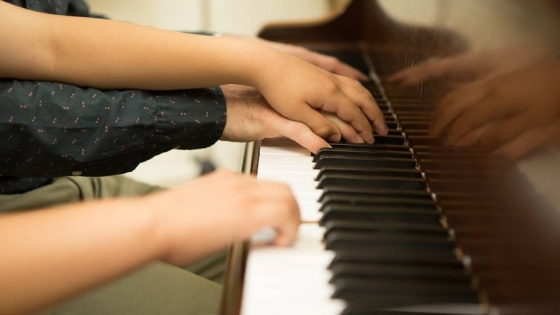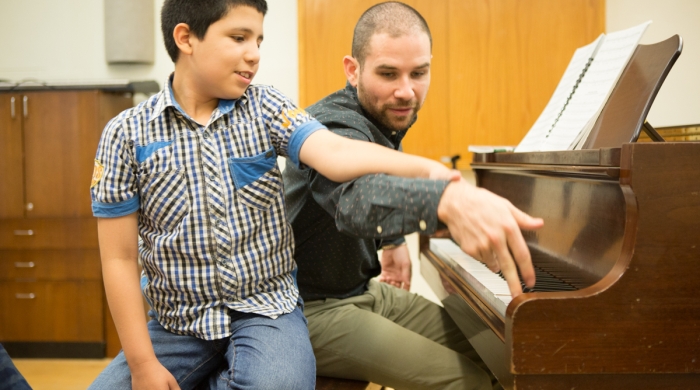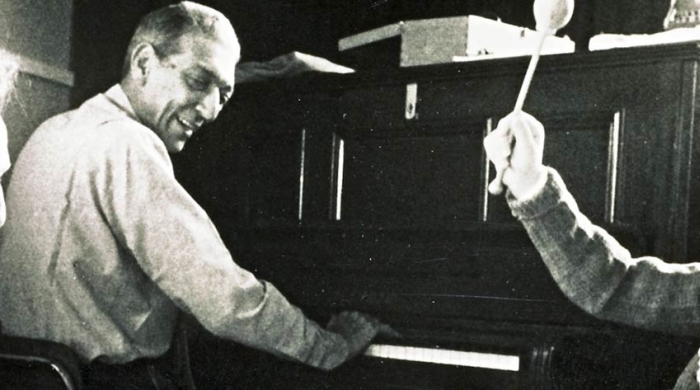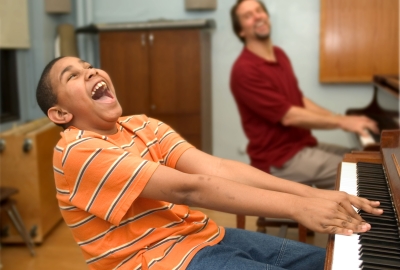
The Nordoff-Robbins Center for Music Therapy at NYU was founded in 1989 by Dr. Clive Robbins and Carol Robbins. The Center is led by Managing Director Zachary Kandler with support from the graduate music therapy program director Associate Professor Kenneth Aigen and faculty liaison, Assistant Professor Alan Turry. Our mission is multifaceted comprising clinical, professional, and public services through our treatment, training, and research programs.
Members of our clinical staff are professionally credentialed and New York State licensed music therapists. All hold graduate degrees in music therapy and have completed an additional post-graduate advanced clinical training program in the Nordoff-Robbins Music Therapy approach. Our Center's active research program is closely connected to treatment, which enables our therapists to continually develop and refine their clinical work.
Located centrally on the NYU campus, the Center is in the Department of Music and Performing Arts Professions, Steinhardt School of Culture, Education and Human Development, and operates as part of the Graduate Music Therapy Program.
About the Practice
The Nordoff-Robbins approach to music therapy is based on the belief that everyone possesses a sensitivity to music that can be utilized for personal growth and development.
History
Nordoff-Robbins Music Therapy results from the pioneering teamwork over seventeen years of Paul Nordoff and Clive Robbins.
The Center has six main purposes:
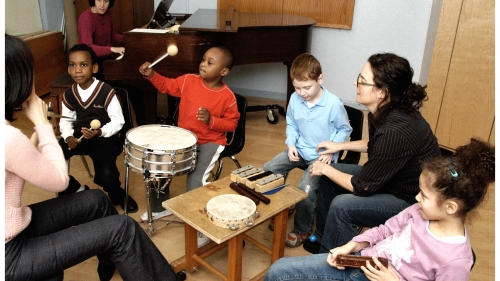
1. To provide music therapy services.
An outpatient treatment program is available to children and adolescents of various disabilities including autism, behavioral disorders, developmental delay, sensory impairments, multiple handicaps, and psychiatric disorders. Individual and group therapy sessions are provided. We also have individual therapy services for adults who may be struggling with particular life trauma or who are seeking an active form of therapy in which to pursue self-actualization.
Referrals are made by parents, health care specialists, counseling services, or other treatment or educational agencies. Some adults are self-referred.
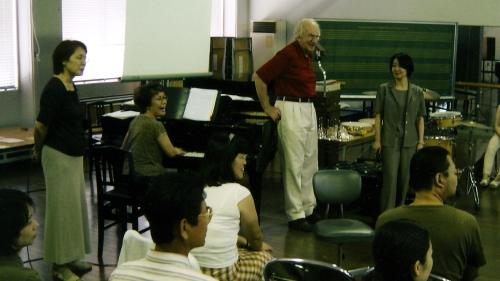
2. To offer advanced music therapy training.
The Center is an international training facility offering three levels of training: 1) fieldwork experience for internships and fieldwork placements for individuals pursuing academic degrees in music therapy; 2) post-graduate certificate training in the Nordoff-Robbins approach; 3) evening seminars and extended summer courses in which music therapy professionals may earn continuing education credits (CMTE's).
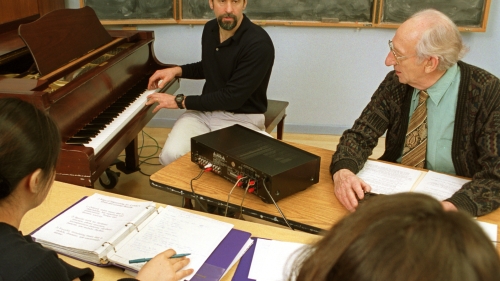
3. To undertake and publish research.
The extensive recordings and documentation of the Nordoff-Robbins pioneering work (1959-1976) form the foundation of an archive that is continually being expanded and updated by current clinical work. The Center is thus compiling a collection of music therapy resources unique in the field. The interactive use of improvisation in therapy subjects music to close examination; the effects of musical and clinical technique are assessed in depth, and processes of therapy in children presenting a wide range of needs, abilities, disabilities, and stages of emotional development are studied.
Ongoing research in clinical practice concentrates on the roles of creativity in music therapy at various levels of communication and in accommodating to the conditions imposed by different areas of disability. Current studies focus on the integrative effects of musical elements in therapy processes, and modes of children's self-expression through improvisation. The research program produces research papers, articles, and monographs.
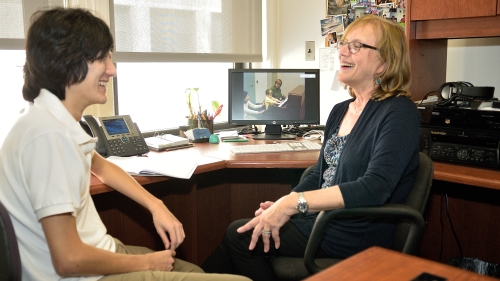
4. To present lectures, workshops, and symposia to professional audiences.
The Center's entire treatment program is documented on video. This makes it possible to communicate accurately to professional audiences the nature and dynamics of creative, improvisational music therapy. The Center's therapists and researchers lecture nationally and internationally. They contribute substantially to the overall development of the field of music therapy, and are known for quality and innovation in their presentations.
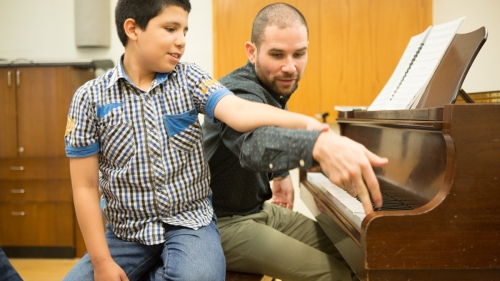
5. To prepare and publish musical and instructional materials.
There is a need throughout the field of music therapy for audio and video materials providing clinical instruction in creative music therapy. The Center's growing archive encompasses a considerable variety of examples of the application of improvisational technique and musical resources. A series of instructional resource studies is being compiled for dissemination to students, practicing therapists, and other professionals.
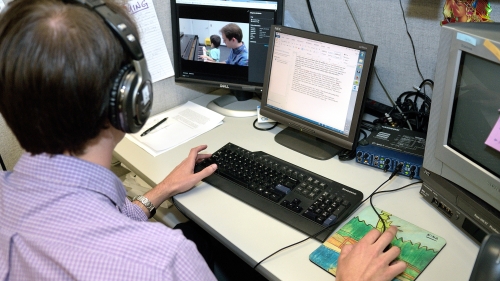
6. To act as an information dissemination center.
The Center serves as a creative music therapy resource center for music therapists, students, musicians, allied professionals, parents, the media, and the general public. It disseminates information, provides consultant services, organizes seminars and workshops, and hosts over 150 professional visitors annually.
The facility is designed and equipped to accommodate the needs of creative music therapy practice and advanced clinical training. Therapy sessions are recorded for training and study purposes. There are work areas for documentation, audio/video editing facilities, offices for administrative, research and clinical staff, as well as a waiting area for adults, parents, and children.

